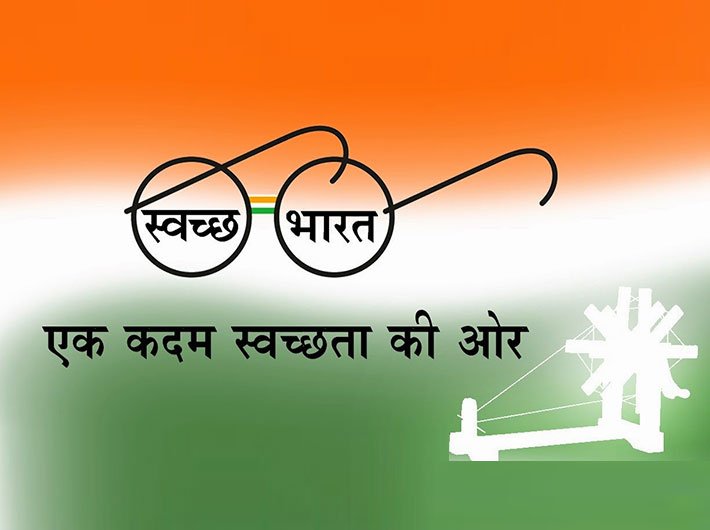Experts call for sensitising people so that they use toilets and not defecate in the open

Sakshi Kuchroo | April 22, 2016 | New Delhi

Critical minerals, including rare earths, are emerging as the foundation of economic growth, national security, and the global energy transition. The International Energy Agency estimates that demand for critical minerals will rise by 250% by 2030. For countries dependent on imports, this represents a stra
Prime minister Narendra Modi inaugurated the Navi Mumbai International Airport and also launched and dedicated various developmental projects here on Wednesday. The Navi Mumbai International Airport is India’s largest Greenfield airport project, developed under a Public–Pr
Prime minister Narendra Modi will inaugurate key infrastructure projects in Maharashtra on October 8–9 including the much-anticipated Navi Mumbai International Airport (NMIA). He will also host his UK counterpart, Sir Keir Starmer, who is visiting India for the first time since taking office.
The much-awaited Bihar elections will take place in two phases, on November 6 and November 11, and the results will be announced on November 14, the Election Commission of India (ECI) announced on Monday. Meanwhile, bye-elections to eight assembly constituencies in J&K, Rajasthan, Jharkh
Ian McEwan’s latest novel, What We Can Know, is a profound meditation on memory, environmental culpability, and the limits of historical inquiry, wrapped in the guise of a literary detective story. Set against the bleak backdrop of a post-‘Derangement’ twenty-second century, the
There was a time when philanthropy in India meant two things: generosity and immediacy. You saw a problem, wrote a cheque, and a life was eased. That impulse is pure and indispensable. But increasingly, many of us who have been gifted the capacity to give are asking a different question: how can my giving

